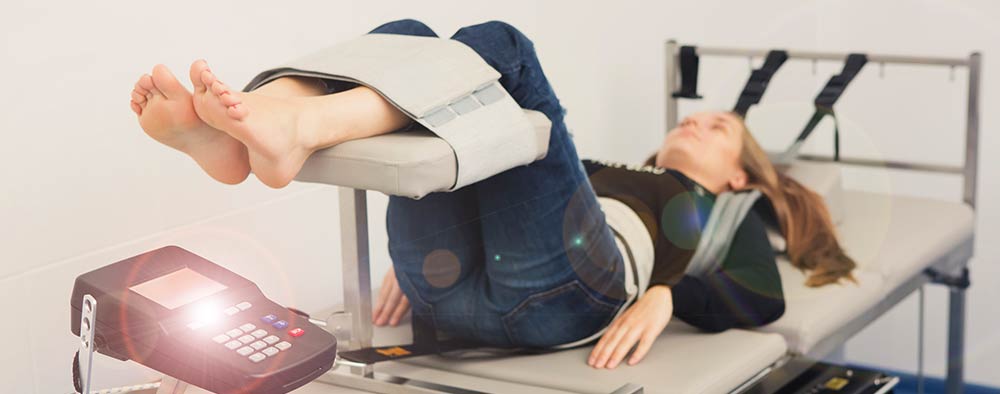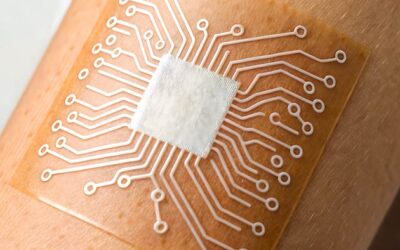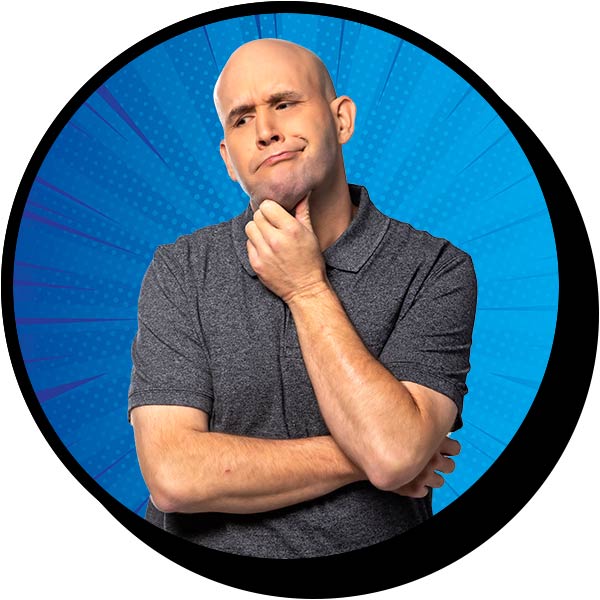by Marty Kotlar, DC, CPCO, CBCS •
President of Target Coding •
CPT code 97012 is mechanical traction. Mechanical traction is a supervised modality. The application of mechanical traction does not require direct (one-on-one) patient contact. The scope of practice in some states allows staff members to assist with mechanical traction. Please check with your state scope of practice. A qualified health care professional or staff member will position the patient on the table, enter the settings and will check in with the patient every few minutes. In this scenario, constant attendance is not typically provided. Without constant attendance, without any clinical skill, this procedure cannot be categorized as constant-attendance or a therapeutic procedure.
CPT code 97012 is payable by most carriers, however, has a minimal relative value unit (RVU), therefore reimbursement is low. Only one unit of this code can only be reported per session, regardless of the number of body parts being treated, because the code descriptor states, “application of a modality to one or more areas.”
HCPCS code S9090 is vertebral axial decompression, per session. Many years ago, CMS issued HCPCS code S9090 to describe decompression therapy rather than create a new CPT code. Decompression table manufacturers wanted to get a new code based on patient results. Unfortunately (or fortunately in certain circumstances), HCPCS code S9090 is considered invalid.
S9090 is not payable by Medicare and does not have an associated RVU. Subsequently, most insurance plans consider decompression therapy to be a non-payable, “experimental/investigational” service. Others codes associated with spinal decompression therapy are 97039 (unlisted modality), 97139 (unlisted therapeutic procedure) and 97799 (unlisted physical medicine/rehabilitation service).
According to Medicare, CMS Publication 100-03, Medicare National Coverage Determinations (NCD) Manual, Section 160.16, spinal decompression therapy is not covered. Examples of this type of non-covered procedure include, but are not limited to, VAX-D™, DRX-3000, DRX9000, Decompression Reduction Stabilization (DRS) System, IDD, MedX., Spina System, Accu-Spina System, SpineMED Decompression Table and Lordex Traction Unit.
SPINAL DECOMPRESSION QUIZ
Q: Does health insurance pay for spinal decompression therapy?
A: No, yes, maybe. This simple question does not have a simple answer.
Q: Is it more compliant to bill the mechanical “traction” code?
A: Yes, no, maybe. Most insurance companies pay for mechanical traction.
Q: Does Medicare pay for mechanical traction?
A: Yes and no, it depends which QHP (e.g., DC, PT, NP, MD) is providing the service.
Q: Does Medicare pay for spinal decompression therapy?
A: No, however if a Medicare Part B patient receives spinal decompression therapy and you’re a provider with Medicare, which code are you required to submit?
Q: Does Blue Cross/Blue Shield pay for spinal decompression therapy?
A: Probably not, however if you’re “in-network” which code should you submit?
Q: Are you required to submit a claim even if the plan does not pay for spinal decompression therapy and which codes are you required to submit to get a “proper” denial?
A: If not covered, some patients may request that you submit claims on their behalf to recoup the money they’ve paid. You may prefer to supply the patient with a paid invoice or CMS-1500 claim form or statement so they can submit it to their insurance company. It is better to receive an insurance company “proper” denial using correct codes, than bill inappropriate codes and possibly be faced with a large overpayment demand.
Insurance carriers should not make coverage decisions based on the table or manufacturer and should focus on clinical data outcome measurements.
My goal is to help you incorporate the most appropriate approach to spinal decompression therapy billing and coding and help you avoid insurance company post-payment refunds.
Email info@targetcoding.com to receive a FREE Spinal Decompression billing and coding consultation.
Dr. Marty Kotlar is the President of Target Coding. Over the last 12 years, he has helped hundreds of chiropractors with compliance as it relates to billing, coding, documentation, Medicare & HIPAA. Dr. Kotlar is certified in compliance, a certified coding specialist, a contributing author to many coding and compliance journals and a guest speaker at many state association conventions. He can be reached at 1-800-270-7044, website – www.TargetCoding.com, email – drkotlar@targetcoding.com.










 ▶︎
▶︎  Why is the Discount Challenge prize amount $15,024? Because that is the average “per-occurrence” fine for Medicare inducements. That’s not $15,024 per patient, that’s not per provider, that’s PER VISIT. Stinks, doesn’t it? To us, the prize amount is worth the investment if we can help our profession better understand proper discounting.
Why is the Discount Challenge prize amount $15,024? Because that is the average “per-occurrence” fine for Medicare inducements. That’s not $15,024 per patient, that’s not per provider, that’s PER VISIT. Stinks, doesn’t it? To us, the prize amount is worth the investment if we can help our profession better understand proper discounting.